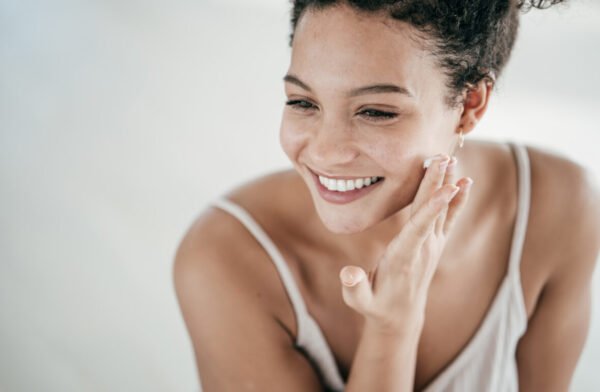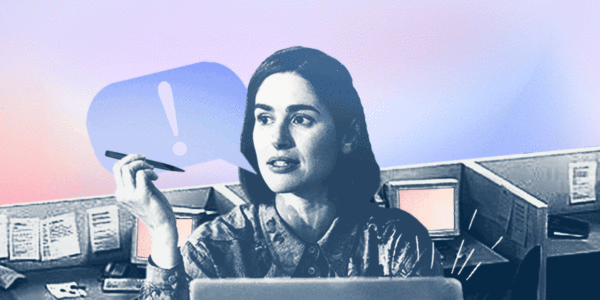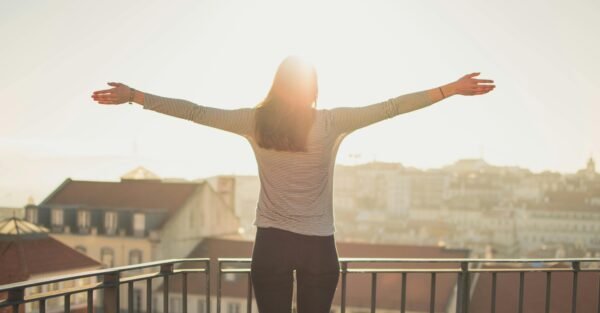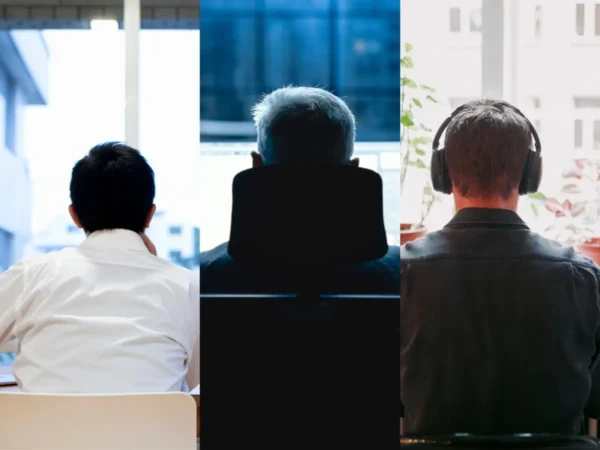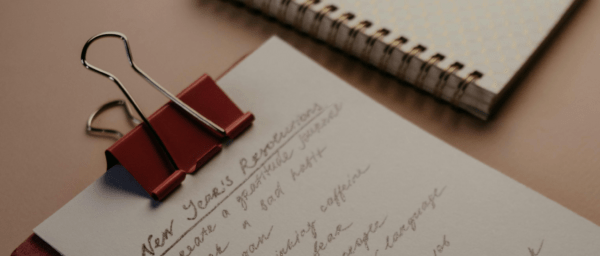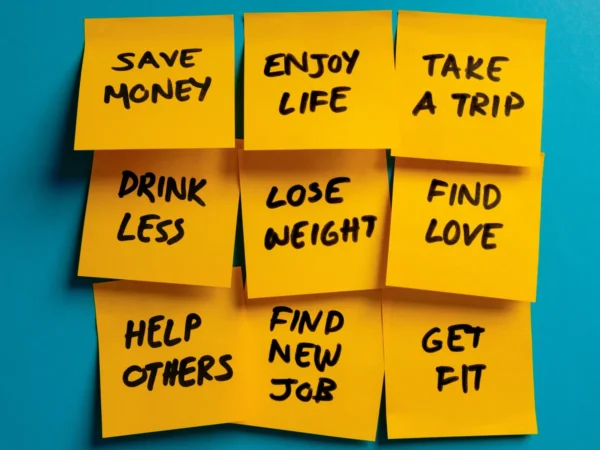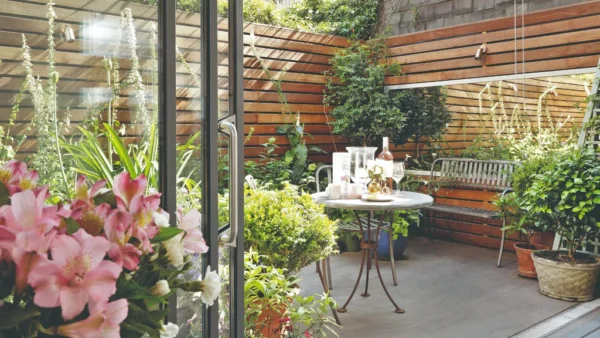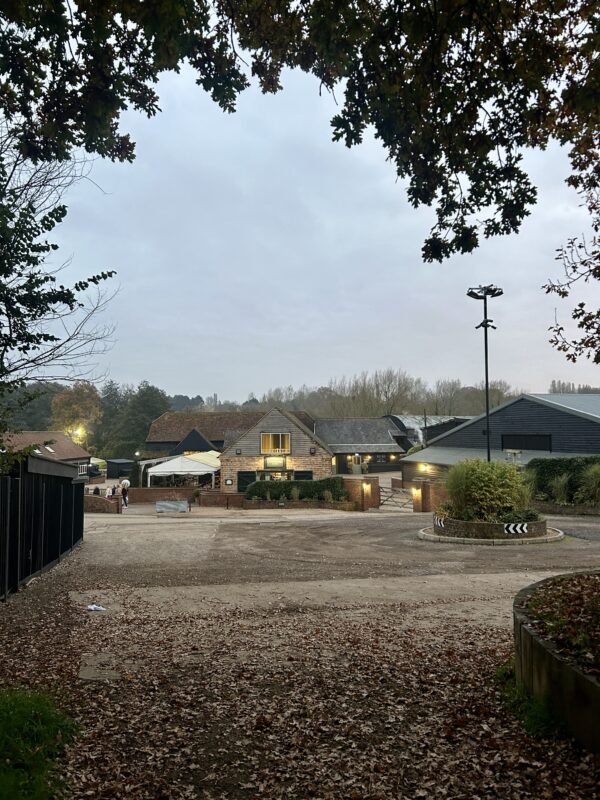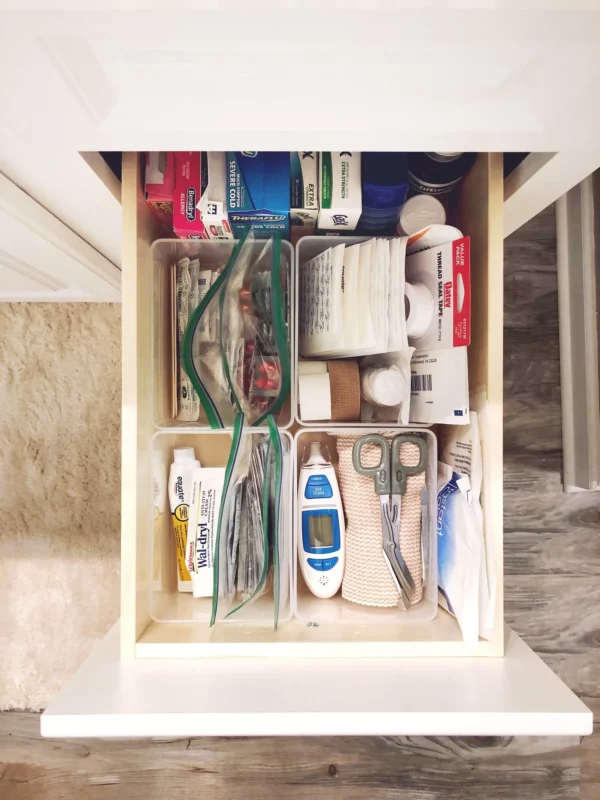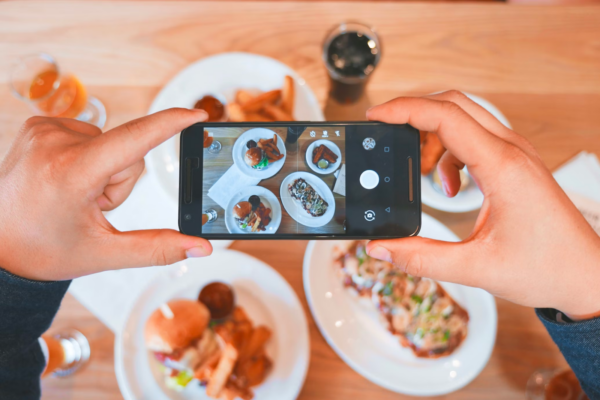
Social Media – the Good, the Bad and the Ugly

The impact of social media on modern society can’t be ignored, it is now a huge part of how we live. However people often disagree on whether this impact is a positive or negative. Yes we can now connect with friends and family at the touch of a button, but can this constant state of ‘on’ have a negative effect on mental health and wellbeing.
Now, a range of experts who have looked into the impact of social media and technology – the good, the bad and the ugly – have shared their top tips on how it can be used, or avoided, to benefit day-to-day lives.
The Psychology Professor, Peter Kinderman, discusses how we can use social media in a positive way – as a digital scrapbook following recent research conducted by On the Beach in to childhood memory. Whilst a spokesperson from Rest Assured comments on the negative side effects of using social media when it comes to switching off and relaxing, and sleep expert Dr Nerina Ramlakhan, discusses the ugly side – how it can impact our sleep patters.
The Good – Memory – Professor Peter Kinderman talking about research from OnTheBeach.co.uk:
We have very busy and frenetic lives. So, on family holidays, parents have always been torn between worrying about work, keeping their children safe, reading books and enjoying the sun. Then social media arrived and suddenly we have the pressure of Facebook and instagram too.
But, one of the solutions to this may actually be that instead of seeing social media as yet another pressure disengaging us from the world, we can use the tool to keep a diary of our day or week or month. Research from On the Beach revealed 44 per cent of Brits look back through their holiday photos and video footage on a regular basis.
We can use the power of social media in order to help us have a more full, rich and engaged experience – and taking and sharing photographs and video could help us do that.
For example, taking pictures or videos of new experiences and documenting them on social media, whether that’s tasting local delicacies or trying an activity for the first time, will naturally enhance our memory of that particular moment when we look back on the social posts at a later date. Essentially, it can be used as a digital scrapbook.
The Bad – Relaxation – Louise Boden, brand manager from Rest Assured talks to YCB:
According to our research nearly half of the UK population (42 per cent), admit they feel like modern technology stops them from ever fully switching off. But with Brits enjoying just 40 minutes of quality ‘me time’ a day it is more important than ever to step away from social media and the technology that comes with it.
Worryingly only one in twenty of us decide to follow a self-imposed digital detox in order to unwind and destress, demonstrating that the majority of us are still glued to the social stimulation, even when trying to relax.
Feeling fully relaxed for at least a small period of the day will help with overall health, so we encourage more people to put down their phones and tablets.
The Ugly – Sleep – Dr Nerina Ramlakhan, Silentnight’s sleep expert states the following:
By its very nature social media means you’re staring at a screen, whether that’s on a phone, tablet or computer. When we look at these screens our brain mentally responds to the blue light, waking us up and making it impossible for us to unwind and prepare for sleep.
When light levels drop in the evening, our circadian timer switches on and stimulates the production of the sleep hormone melatonin. However the use of tech before bed disrupts this natural process. Screens on phones and tablets emit blue light which suppress the production of melatonin from the brain’s pineal gland and stimulate the production of the chemical dopamine which makes us feel alert and ‘switched on’.











